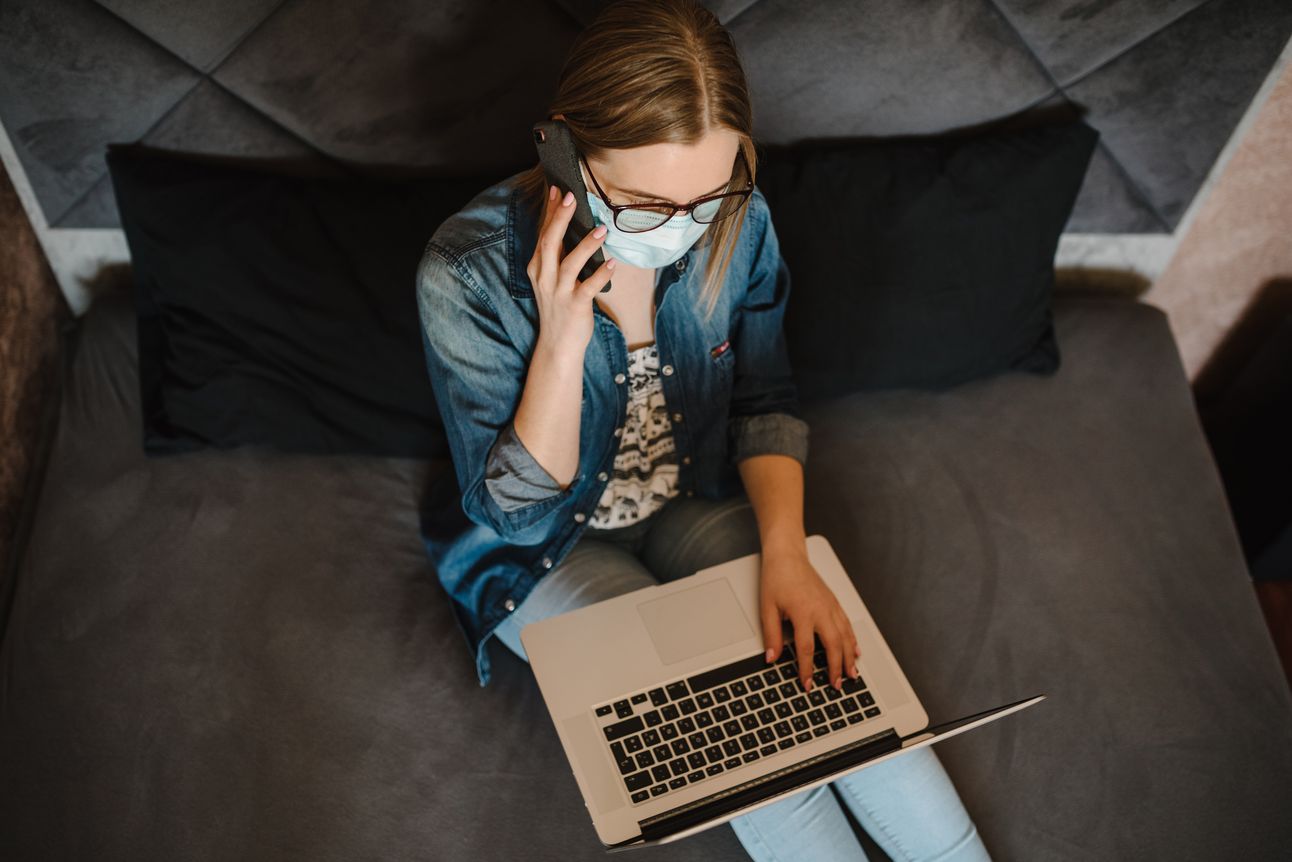What to Expect from Living in Residence Halls during COVID-19

What to Expect from Living in Residence Halls during COVID-19
As colleges and universities reopen this fall, there are many concerns on the table, from classroom set-ups to dining hall procedures. But one of the most pressing concerns for many students and their families is dorm life. How often will each building or suite be cleaned? Will there be fewer people in each building? How will all of these changes affect transportation to and from the dorm?
As any current or past student knows, residence halls can be a hotbed for illnesses. Even mild colds can spread through dorms like wildfire, so it’s important to be aware of the changes campuses are implementing due to COVID-19. Andrew T. Miltenberg, Esq., an experienced student rights attorney, offered advice about how to prepare for dorm life during the pandemic.
Social Distancing in Dorms
College residence halls are crowded places. They contain hundreds – if not thousands – of rooms, often with four or more students in each. Because disease spreads easily through these crowded environments, any successful attempts to improve residence hall safety will have to reduce the number of inhabitants.
On top of limiting dorm populations, Miltenberg says that dorm policies will significantly limit visitors. For instance, families may not be able to help students on move-in day. Other amenities and common areas, like lounges, study rooms, shops, and cafes, will be closed or have limited hours. Students should be prepared venture off campus for food and necessities after arrival, as there will be fewer on-campus options than normal.
What Happens to the Other Half?
Limiting the dorm population sounds like a reasonable solution, but it comes with its questions and complications. To start with, if the dorm contains half the usual number of students, Miltenberg wonders, “What’s happening to the other half?”
Many colleges and universities have spent their summers renovating residence halls for distancing. Some buildings, however, just can’t be changed enough to be safe. When buildings can’t be altered, the only remaining solution is to open new ones. In these cases, the school can purchase or rent buildings to temporarily house students while COVID-19 remains a threat.
Depending on how far from campus they are, students living in new dorms may need transportation to campus. This transportation will follow a schedule that allows extra time for cleaning and disinfecting of the vehicle, as well as more frequent trips to limit the number of people on the bus at a time.
Keeping Residence Halls Healthy
While distanced residences are a necessary first step, they’re not the end. Campuses may instill other measures, like Plexiglas partitions between students and dorm staff. However, students themselves will also have to actively protect their health and that of their cohorts. This means practicing rigorous hand-washing hygiene, limiting contact, and wearing cloth face masks.
Whenever students must take an active role in staying safe, however, there is an inevitable question of liability. Can the college impose masks and careful conduct in the dorms? Is it a violation of student rights to enforce healthy habits? What happens if someone in a residence hall tests positive for COVID-19? “Do they get immediately taken out of the dorm?” asks Miltenberg. “If they don’t report themselves to the clinic, is that a conduct code violation? And who is liable for a resulting outbreak – the student or the school?”
Expectations for dorm conduct are guaranteed to change – the only question is how. While it might not be fair to force current students to sign new waivers and student conduct contracts, students and families should be prepared for the possibility.
Remember Your Options
Many of the changes behind residence hall life during COVID-19 may be overwhelming or even upsetting. Though they’re designed to keep students safe, don’t forget that students have rights that deserve to be protected. If you are worried about careless or abusive COVID-19 policies at your college or university, contact an experienced lawyer like Andrew T. Miltenberg, Esq., of Nesenoff & Miltenberg, LLP. He can make sure you’re aware of your rights and advise how to protect yourself against invasive practices or carelessness.








